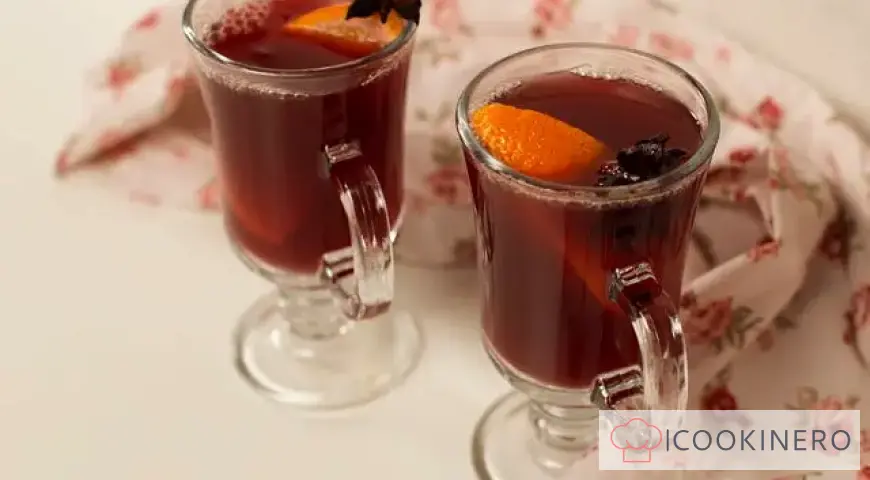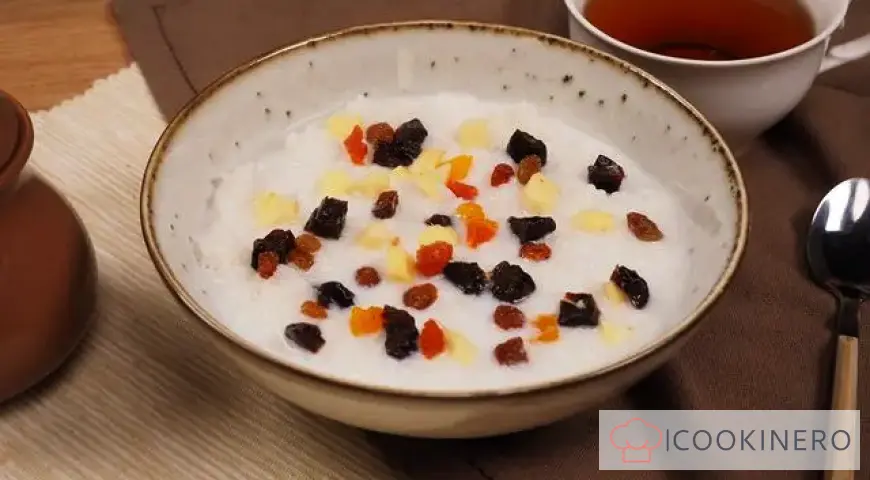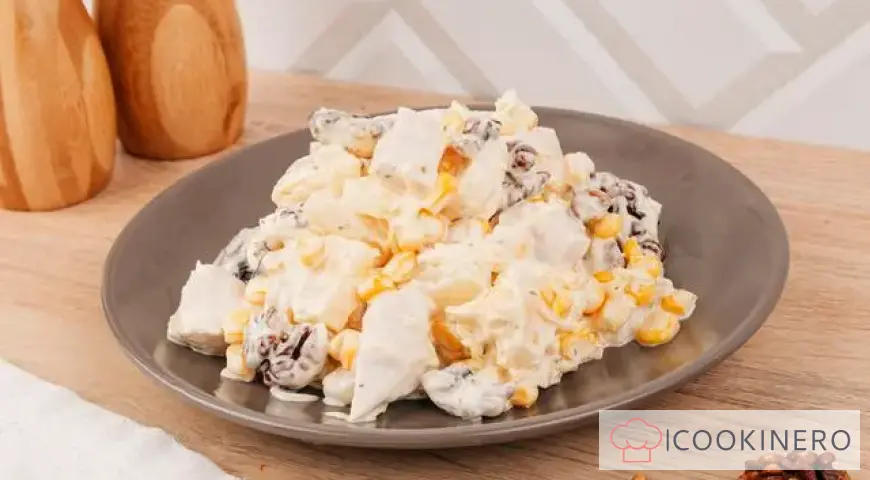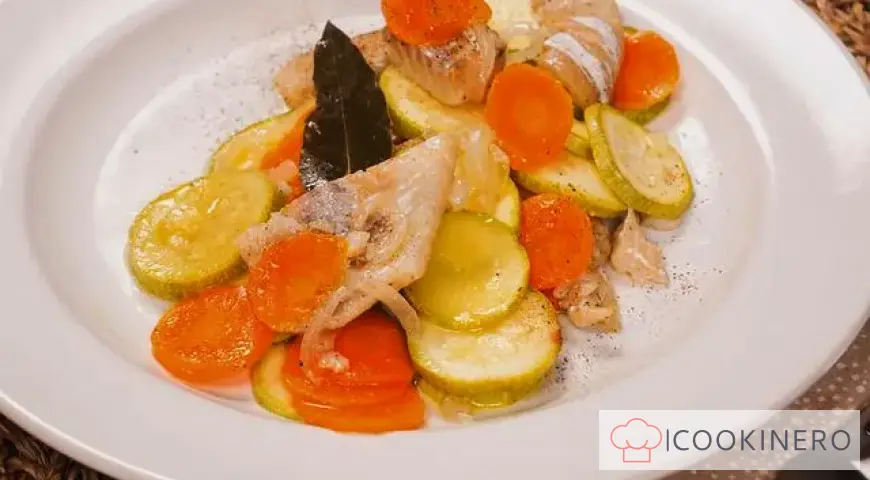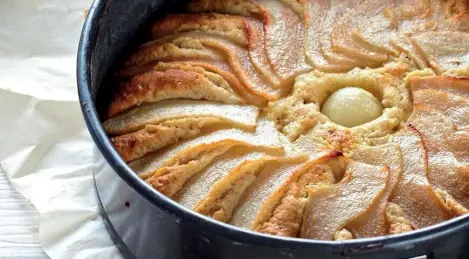Assorted vegetables with plums for the winter

Bright and tasty preparation for the winter of vegetables and plums.
How to cook Assorted vegetables with plums for the winter
Step 1

At the bottom of the jar put a sheet of horseradish, dill umbrellas, garlic cloves, black and hot peppers. Then add three-quarters of a tomato, zucchini circles (or cut out figures), sweet peppers, greens, plums, and the rest of the tomatoes, peeled from seeds and stems.
Step 2

Pour boiling water over, cover with a lid. Leave for 30 min.
Step 3

Drain water into a saucepan.
Step 4

Add sugar and salt. Boil.
Step 5

Pour boiling marinade into a jar of assorted, add acetic acid. Close with a boiled screw cap or roll up with a tin lid.
Step 6

Turn over, wrap and leave to cool completely (self-sterilization).
Assorted vegetables with plums for the winter - FAQ About Ingredients, Baking Time and Storage
Reviews: 0
0 Overall ratingHave you already prepared this recipe? Tell what you think.
Write a review
Trending

Ojahuri from veal
Ojakhuri is a classic Georgian dish. In fact, this meat and potatoes are a win-win combination. You can use different types of meat for ojahuri. We will choose tender veal. Odeakhuri is traditionally served on a ketsi (clay plate) to keep the dish ho
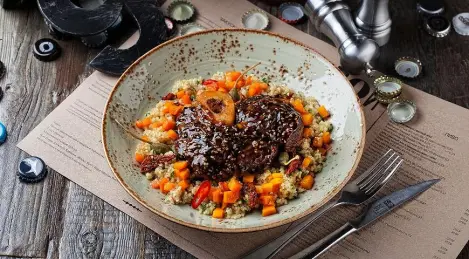
Ossobuco with bulgur and pumpkin
Ossobucco is a piece of beef shank that is stewed for a long time with vegetables and tomato. Served on bones.

